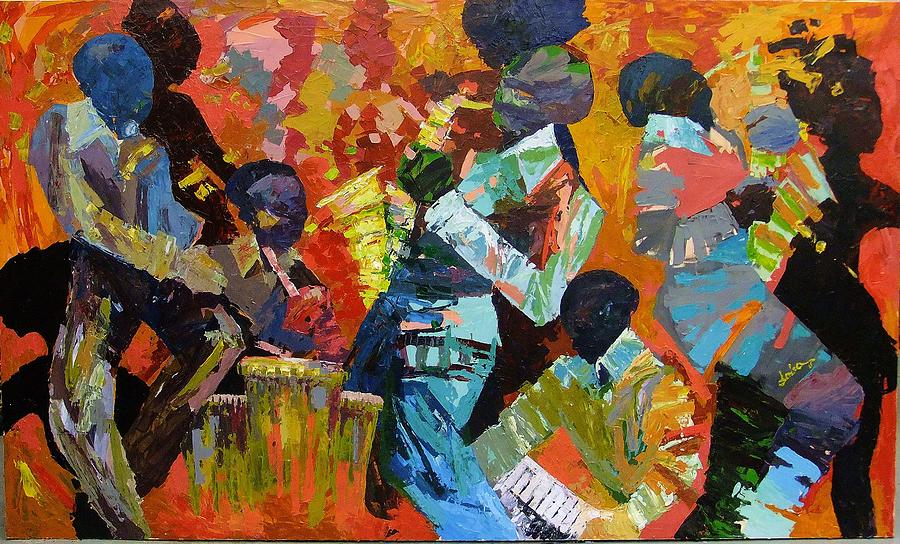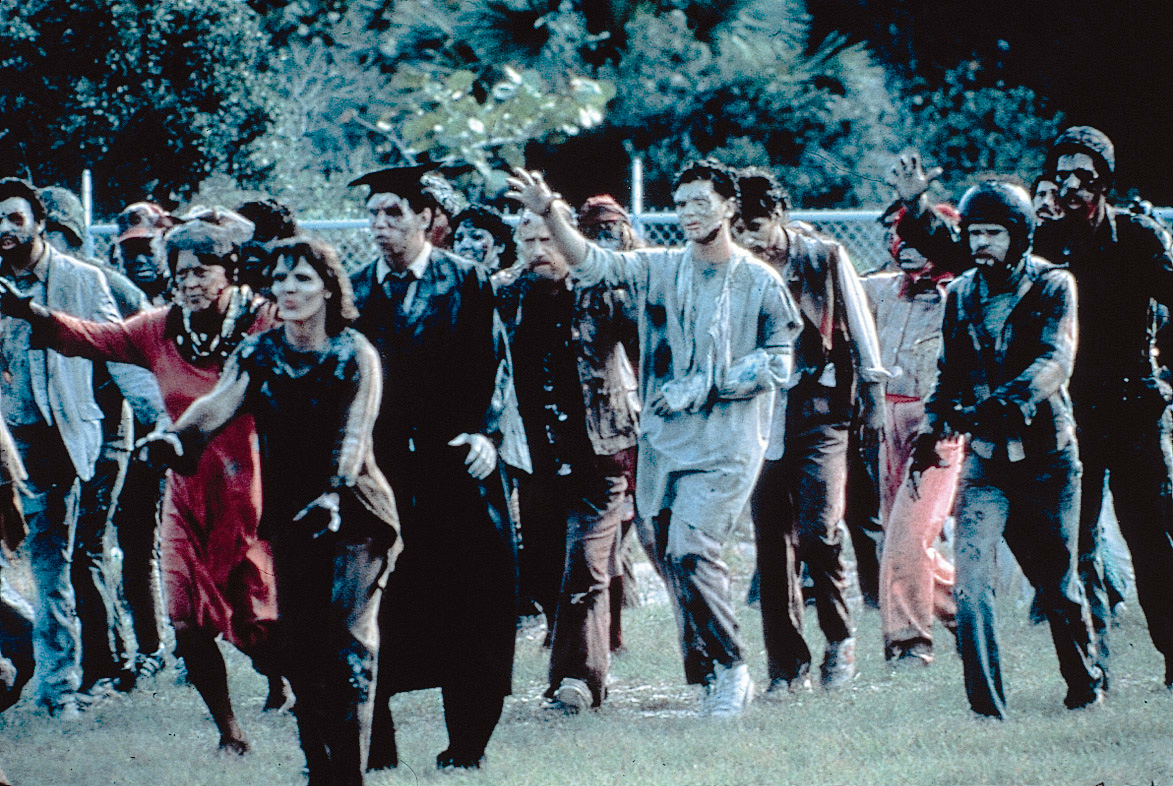When is a virus more than a virus? There is one virus, the novel coronavirus that is leaving thousands of dead in its wake. This is the physical virus at the base of the bigger crisis now emerging across the globe. The other virus is more abstract. It is the effect of this pandemic on human populations, on bodies, on selves, dissolved into the abyss of mortality. It is the social virus, the virus disrupting the social and economic system in which we live and move and have our being. It is virus-as-crisis, the limits of the system of social relations now being tested to their breaking point. It is manifested in the chaotic events of each day, when hospitals are overwhelmed, normal life is disrupted by social distancing, and the stock market crashes in a drama dwarfing 1929. This is the broader crisis, the Crisis. The one which defines the entirety of our lives and the future of our species. It is a crisis of capitalism as a set of social property relations, as a means of governing populations, as a means of determining what is and is not meaningful.
Read moreCombustible Fictions: The Literary Novel in the Anthropocene
Come with me into the hidden abode of literary production. Here, behind the comings of age amidst tragedy, the journeys of self-discovery traveled through existential crises, and the excavations of rotting family ties, lies a darker secret: the coal heart of the modern novel.
For Amitav Ghosh, himself the author of many novels including The Hungry Tide and Sea of Poppies, the idea that fossil fuels are at the heart of the modern novel is no metaphor, but rather historical fact. The assumptions of literary narration, he reminds us, are based on a second background assumption — “the orderly expectations of bourgeois life.”
Read moreIt's All In the Groove: A Marxist Theory of Music
Afrobeat by Doba Afolabi.
Much analysis of modern music focuses on lyrical content, but how can we understand modern musical forms? What relation do they have to the capitalist world in which they’ve developed? To answer these questions Kate Bradley interviewed Mark Abel, author of Groove: An Aesthetic of Measured Time.
Kate Bradley: Is it fair to say that Groove is a defence of popular music from a Marxist perspective? Could you summarise your argument in brief?
Mark Abel: It is a defence of popular music, but in the first place it is an attempt to explain why the music of our time sounds the way it does.
Read moreKnight of the Living Dead
George A. Romero is dead. And much as some of us would like it, the director of the most iconic zombie horror films of late capitalism will not be rising from the grave to walk among us. But the ravenous consumption that we see in his creations – of flesh, of our sanity, of our hope for the future – will continue. Unless it is brought to its knees then late capitalism has all but assured this.
The interview below with author and film studies professor Tony Williams – one of the very first articles to appear at Red Wedge – was conducted by editor Adam Turl and appeared on the site in October, 2012.
Read moreMusic and Power: In Conversation With Dave Randall
Dave Randall performing at Glastonbury.
Musician and socialist Dave Randall’s Sound System: The Political Power of Music was released to positive reviews in May. Randall, a veteran musician who has worked with Faithless, Sinead O’Connor and Emiliana Torrini among others, examines in the book music’s many uses and abuses from the perspective of both a practitioner and a serious Marxist. Here, Red Wedge republishes an interview conducted with Randall by rs21’s Colin Revolting on the book, its inspiration, some of its highlights, and how a radical movement can subtly but actively approach popular music.
Read moreWe Don't Want To Be Emperors...
The very idea of “President’s Day” has always been a farce. But in the age of Trump the idea of celebrating the American presidency’s unchecked power just feel bitterly ironic. Red Wedge isn’t the only one feeling this irony; today, in several cities, “Not My President’s Day” rallies are taking place.
When our editorial board adapted the text below and designed its accompanying image, it was intended as a reward for our fall fundraising drive (which we are in the process of mailing out as we write this). It is now available exclusively to anyone who joins the Red Wedge Patron program at ten dollars or more each month.
Read moreThe Comedy is Over
“Heard joke once: Man goes to doctor. Says he's depressed. Says life seems harsh and cruel. Says he feels all alone in a threatening world where what lies ahead is vague and uncertain. Doctor says, ‘Treatment is simple. Great clown Pagliacci is in town tonight. Go and see him. That should pick you up.’ Man bursts into tears. Says, ‘But doctor... I am Pagliacci.’ Good joke. Everybody laugh. Roll on snare drum. Curtains." – Rorschach, Watchmen
It’s easy to say that it’s because of Halloween. But why this Halloween? Why not last year or the year before? Will 2016 (already an ignominious year) be remembered as the year that sent in the clowns?
Read moreWriggling Off the Precipice
The experimental hip-hop group clipping. have a new E.P. out. It’s called Wriggle. The group’s M.C. Daveed Diggs has recently become nothing short of a Broadway celebrity lately since winning a Tony for his role in Hamilton. The man is a phenom, an insane talent on the microphone. There’s no question about this. Diggs’ more usual fare with clipping. is, however, of a somewhat different fare. As I’ve put it previously, he’s far more Marquis de Sade than Lafayette, and clipping. fit right in with the insurgence of “industrial hip-hop” we’ve seen over the past few years that also includes the likes of Death Grips. Here’s the title track and lead single from the new E.P.
Read moreCorpocracy: Engaged Art In Practice
Steve Lambert
Capitalism Works For Me! True/False (2011)
Aluminum and electrical
9 x 20 x 7 feet
"Corpocracy,” currently at the Station Museum of Contemporary Art in Houston, provides another opportunity to reexamine important questions of a genuinely militant and engaged art practice. The show features political, mostly contemporary work by artists such as Michael D'Antuono, Kenneth Tin-Kin Hung, Packard Jennings, Eugenio Merino, Yoshua Okón, Stephanie Syjuco, and Judi Werthein. One arts collective is featured as well: the Beehive Design Collective.
Modeled on retro, aluminum signage, with chasing lights that flicker on and off in different patterns, Steve Lambert’s Capitalism Works For Me! True/False (2011) spells out the work’s exclamatory title...
Read moreMusic and Historical Memory
Image by Hope Asya
Music and memory have always been inseparable. After all, Memory is the name of the Goddess who was Mother of the Muses. The Muses, according to the poet Hesiod, "were nine like-minded daughters, whose one thought is singing, and whose hearts are free from care...who delight with song... telling of things that are, that will be and that were with voices joined in harmony." They called on Hesiod to sing their praises but they did so with a challenge: "You rustic shepherd, shame: bellies you are, not men! We know enough to make up lies which are convincing, but we also have the skill, when we've a mind, to speak the truth."
Read moreNeoliberalism and the Radical Imagination
In late May 2015 Red Wedge editors Alexander Billet and Adam Turl spoke at the Left Forum in a workshop on "Neoliberalism and the Importance of the Radical Imagination." The above audio includes the presentations by Billet and Turl as well as the discussion that followed — touching on how neoliberalism has narrowed the radical imagination, the relationship of labor to culture, as well as possible practical and aesthetic strategies for contemporary art and culture.
Read more







